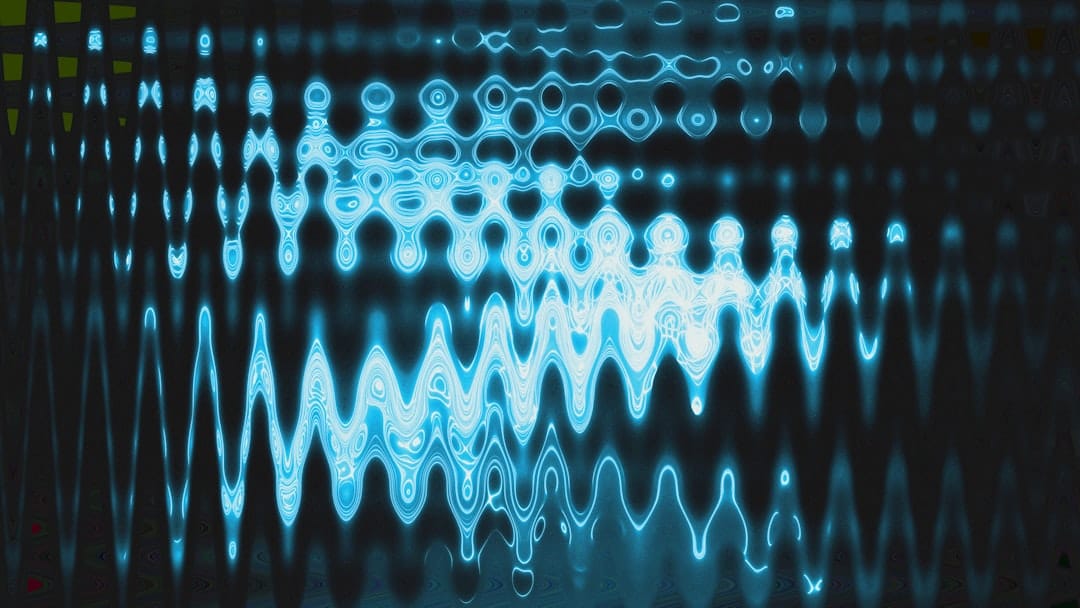This Data Scientist is Making Waves in Neuroscience
In the realm of neuroscience, a relatively young discipline, the integration of data science is revealing unprecedented insights. Among those at the forefront of this intersection is a brilliant data scientist, Sarah Jilani, whose innovative approaches are making significant waves. Jilani’s work exemplifies how data-driven methodologies are revolutionizing our understanding of the brain and its complexities.
Unraveling the Brain’s Complexities
Neuroscience has long been a field of intrigue, presenting an intricate web of challenges and mysteries. The brain, with its billions of neurons and complex networks, offers a vast landscape for exploration. Data science, with its powerful analytical tools and techniques, is now being leveraged to decipher this complex organ.
Innovative Approaches
Sarah Jilani stands out among data scientists for her innovative and interdisciplinary approach to neuroscience. By combining advanced machine learning, statistics, and computational modeling, she is pushing the boundaries of our understanding. Her work showcases how data science is not just a tool but a catalyst for groundbreaking discoveries.
One of Jilani’s notable contributions is her development of machine-learning algorithms that can identify and predict brain states. By analyzing functional magnetic resonance imaging (fMRI) data, her algorithms can discern distinct cognitive states, such as attention, memory retrieval, and decision-making. This allows for a more nuanced understanding of brain function and paves the way for more effective treatments for neurological disorders.
Applying Data Science to Neuroimaging
Neuroimaging has long been a critical tool in neuroscience, offering a window into the brain’s structure and function. However, the vast and complex data generated by techniques like fMRI have often been underutilized. This is where Jilani’s expertise shines, as she applies advanced data science techniques to extract valuable insights from neuroimaging data.
For instance, she has developed methods to enhance the resolution of fMRI data, providing a more detailed view of brain activity. This allows researchers to pinpoint specific regions and networks involved in various cognitive processes. Furthermore, her work in multimodal data fusion combines fMRI data with other modalities, such as electroencephalography (EEG) and behavioral data, to gain a more holistic understanding of brain function.
Advancing Our Understanding of Neurological Disorders
The impact of Jilani’s work extends beyond fundamental neuroscience research. Her data-driven approaches are also making significant contributions to our understanding and treatment of neurological disorders, offering hope to patients and their families.
Enhancing Diagnosis and Treatment
By applying machine learning to neuroimaging data, Jilani is developing tools that can aid in the early and accurate diagnosis of neurological conditions. For example, her algorithms can detect subtle changes in brain structure and function that may indicate the onset of Alzheimer’s disease or other dementias. Early detection is critical for effective treatment and management of these disorders.
Jilani’s work also extends to the development of personalized treatment plans. By analyzing an individual’s brain data, her algorithms can predict the most effective interventions, whether they be pharmacological, behavioral, or surgical. This precision medicine approach has the potential to revolutionize the way neurological disorders are treated, improving patient outcomes and quality of life.
Unraveling the Mysteries of Consciousness
One of the most intriguing aspects of Jilani’s research is her exploration of consciousness. By studying brain activity during different states of consciousness, such as sleep, meditation, and anesthesia, she aims to unravel the neural correlates of consciousness. This fundamental research has far-reaching implications, from improving anesthetic practices to enhancing our understanding of the mind-body connection.
Conclusion: A Bright Future Ahead
Sarah Jilani’s work at the intersection of data science and neuroscience is not only advancing our understanding of the brain but also translating into real-world impacts. Her innovative approaches are paving the way for more effective treatments for neurological disorders and offering new insights into the mysteries of the mind. As Jilani continues to push the boundaries, the field of neuroscience will undoubtedly benefit from the power of data-driven discovery.
With her groundbreaking contributions, Jilani is not just making waves in neuroscience, she is creating a ripple effect that will shape the future of brain research and inspire the next generation of data scientists.





